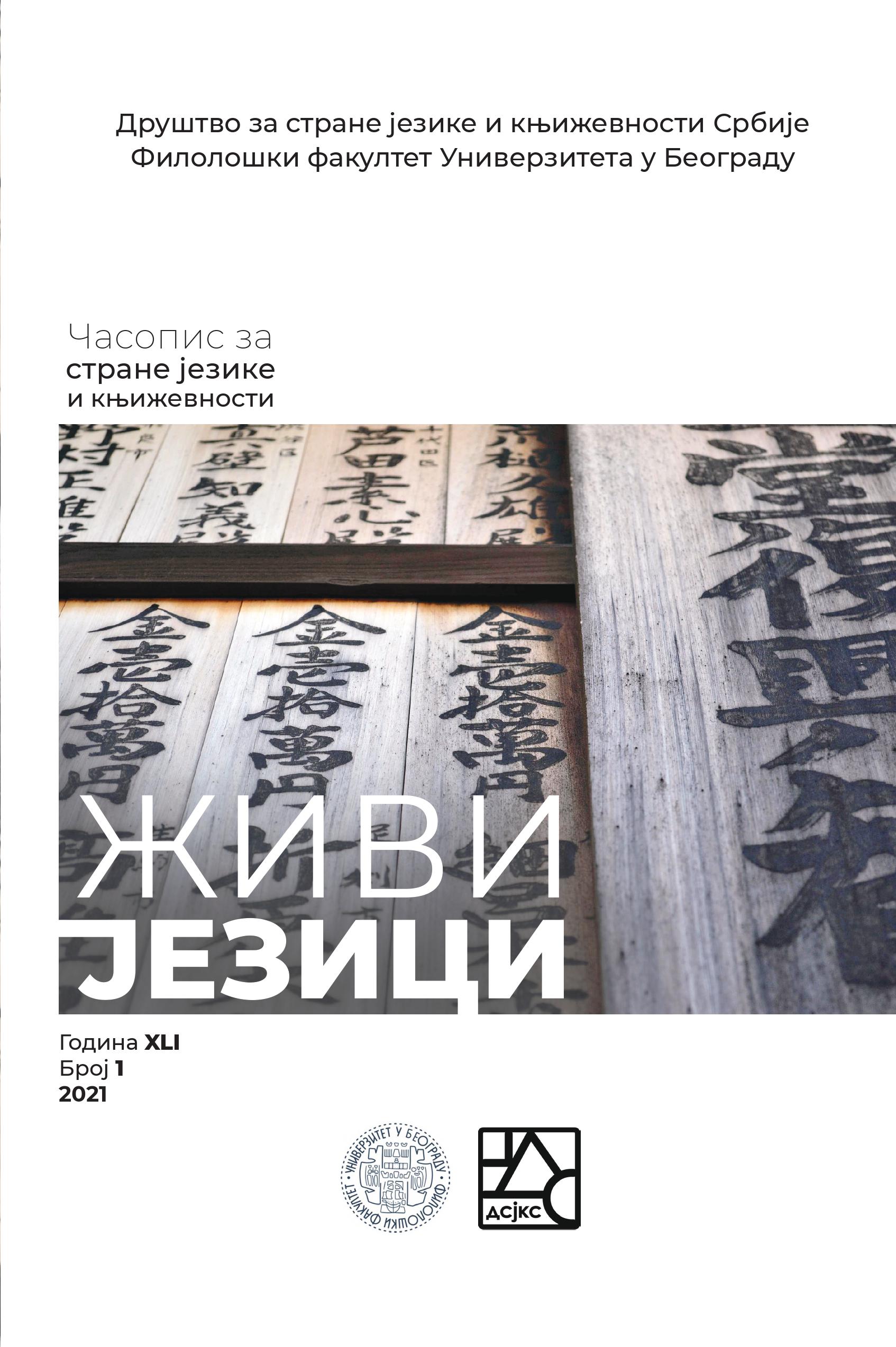ОНЛАЈН ЕВАЛУАЦИЈА У НОВОНАСТАЛИМ УСЛОВИМА УСЛЕД КОВИДА-19 У ВИСОКОМ ОБРАЗОВАЊУ У СРБИЈИ
DOI:
https://doi.org/10.18485/zivjez.2021.41.1.7Кључне речи:
онлајн евалуација, комбиновано учење, високо образовање, технологија у образовању, вршњачка евалуација, аутоевалуацијаСажетак
Предмет овог рада су модалитети онлајн наставе који су уведени у високошколским институцијама у Србији услед пандемије Ковида-19 и могућности евалуације путем интернета које проистичу из наведеног вида наставе. У раду најпре приказујемо конзервативну праксу присутну у високом образовању, те указујемо на значај увођења иновација како у наставни процес, тако и евалуацију. Посебну пажњу посвећујемо видовима евалуације подстицајним за развијање вештина код студената, попут аутоевалуације и вршњачке евалуације. Приказом интервјуа са шест предавача на Филолошком факултету Универзитета у Београду и ректорком Универзитета у Београду настојимо да прикажемо неке аспекте онлајн наставе која је услед пандемије вируса Ковид-19 уведена на универзитете у Србији. Такође, указујемо на платформе које су интервјуисани предавачи користили и њихову примену у настави. Поред карактеристика онлајн наставе, разматрамо могућности увођења онлајн евалуације на високошколском нивоу, те упућујемо на предуслове за имплементацију овог вида евалуације. Најзад, анализирамо могуће потешкоће и проблеме који се јавлају приликом учења путем интернета. У раду истичемо да су потребне корените промене у универзитетском образовању, а да би аутоевалуација и вршњачка евалуација могле бити значајни елементи у унапређењу образовног система.


